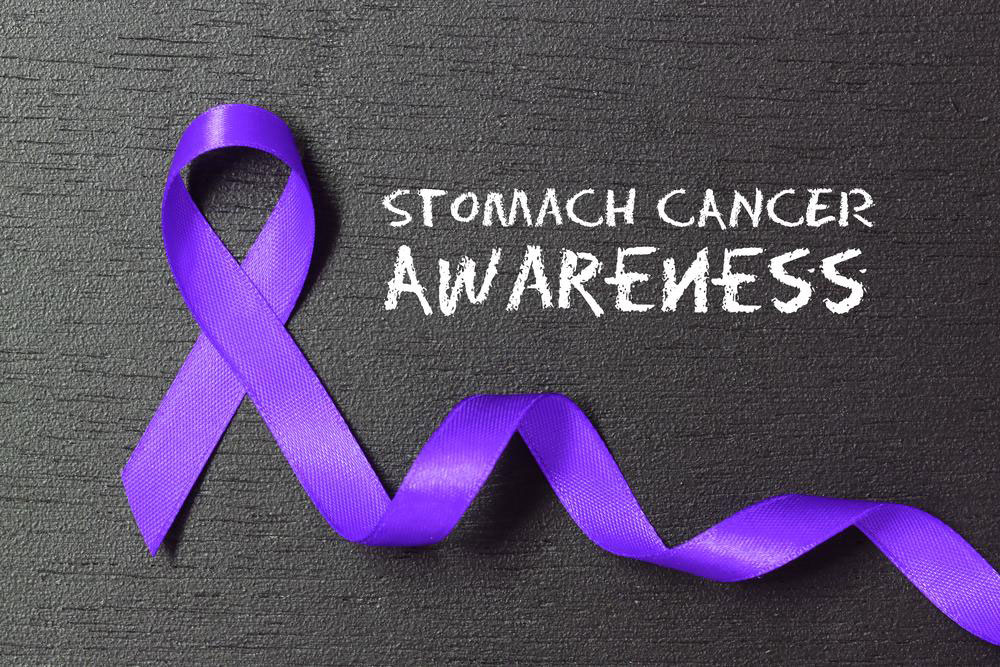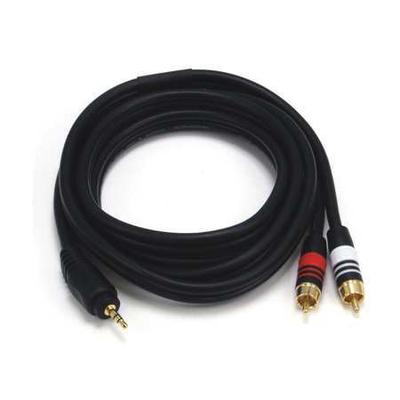Stomach Cancer, symptoms you should be aware of

Cancer that develops in the inner lining of the stomach is known as stomach cancer. This type of cancer is also known as gastric cancer and has a very slow growth rate. Stomach cancer can be treated as long as stomach cancer symptoms are recognized in the early stages. Though the exact cause of stomach cancer is not known, there are some known factors that can increase a person’s risk of developing stomach cancer. These include:
• Bacterial infections caused by H.pylori
• Gastritis
• Persistent anaemia and polyp growth in the stomach lining
• Smoking
• Obesity
• Epstein barr viral infection
• Working in the metal, wood, coal or rubber industry
• Asbestos exposure
• Having type A blood
• Genetic influences
• Diet with a high salt content
Some of the early stomach cancer symptoms include:
• Indigestion
• Bloating after eating
• Heartburn
• Nausea
• Loss of appetite
As the tumors grow in size the symptoms of stomach cancer begin to include:
• Pain in the abdomen
• Noticeable presence of blood in the stool
• Vomiting
• Unexplained weight loss
• Trouble swallowing
• Jaundiced skin and eyes
• Abdominal swelling
• Constipation
• Diarrhoea
• Fatigue
• heartburn
If a doctor suspects stomach cancer as a result of these symptoms, he may ask for a few tests to confirm his diagnosis. These include blood tests, an upper endoscopy, CT scan, Upper GI series test and a biopsy.
Treatment for this disease depends on your age, overall health, stage of cancer, and how long you have been experiencing these symptoms. The most common forms of stomach cancer treatment include:
• Surgery: This involves removing part of the stomach and nearby tissues that are infected with the cancer cells. In advanced stages of stomach cancer, the doctor may need to remove your entire stomach. In some cases, a stent may also need to be put in to keep the stomach pathways open.
• Chemotherapy: Chemotherapy can be given orally or through injectable medication. This type of medication attacks the cancer cells and keeps them from spreading. This process of treatment can take several weeks and may have a number of side effects.
• Radiation: In this form of treatment, high energy rays or waves are directed to the cancer cells to kill the cells and shrink the tumors.
• Chemoradiation: When chemotherapy and radiation are used together to shrink cancer tumors, it is known as Chemoradiation.
• Targeted drugs: Chemotherapy and radiation destroy not only the cancer cells but also the surrounding healthy cells. On the other hand targeted drugs attack only the cancer cells and hence have fewer side effects. Eating a diet rich in fruits and vegetables can help lower your risk of stomach cancer. Also avoid eating salty or pickled foods. Treating ulcers resulting from H.pylori infections in its early stages can also help lower the risk of stomach cancer.
Recent Articles
Recent Questions
What kind of life insurance builds cash value?
The rest of the premium payment will go toward your policy's cash value. The life insurance company generally invests this money in a conservative-yield investment. As you continue to pay premiums on the policy and earn more interest, the cash value grows over the years.
What is meant by insurance plans?
An insurance plan is the one that consists of a premium amount and other components used in getting a product insured. There may be various types of insurance plans with varying terms and policies.
What are the common components of insurance?
The most important components of most insurance plans are the premium and the contract. Anything written in the contract becomes its crucial component.
What are the various types of insurance policies?
There are various kinds on insurance policies that are available on various assets. Auto, health, commercial vehicle, and travel insurance are some of the popular types of insurance policies.








